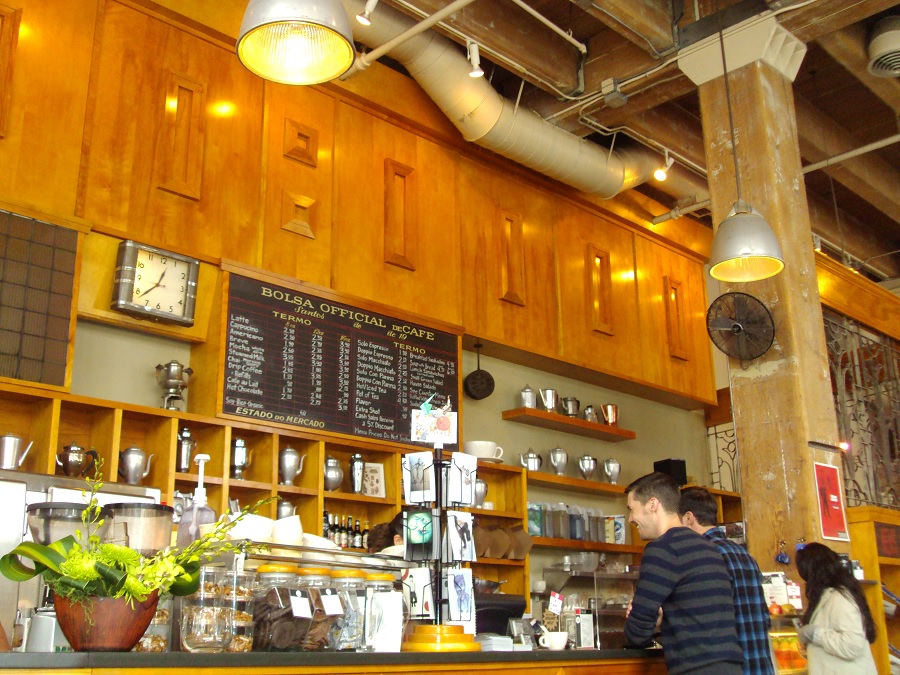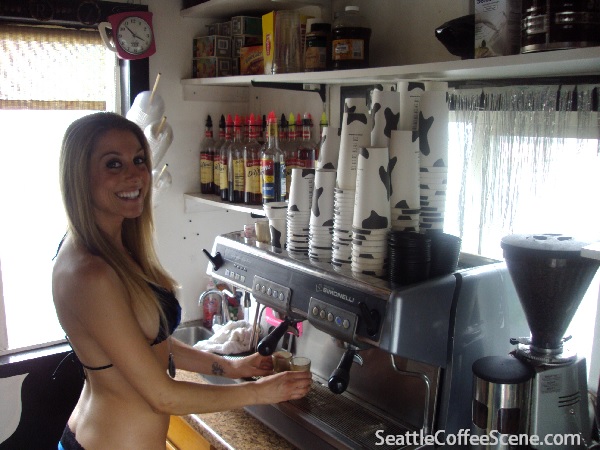“If this is coffee please bring me some tea; but if this is tea, please bring me some coffee,” Abraham Lincoln once said while in the White House.
Certainly everyone, including the 16th U.S. President, has their opinion about the beverages they drink and the places they visit.
But are the opinions and reviews we get from strangers helpful? Whether you love or hate a place, Yelp.com along with other review sites, are packed with opinions in both extremes.
Too be honest, I am not a good fan of Yelp. However, to be fair, the website does serve a purpose and I have “used” them before to find the exact addresses of a place I intend to visit. But lately, its utility has stopped there for me.
Spend any time on their site and you will find such a wide variety of reviews about each place that I am often not sure what to think.
Some reviews are pretty funny and creative, while others are downright vitriolic, absurdly biased, and filled with such arrogance that leaves the reader none-the-richer.
A recent L.A. Times article shed light that Yelp just might be packed with sham reviews that were either planted or in cahoots with the actual businesses – which defeats the purpose. Yelp has said that it has created algorithms and put in place some people to seek out fake reviews, but will it help?
The problem doesn’t stop there. Reviewers on Yelp can get so personal – so downright in the mud that it hurts to even read some the postings. Childhood issues and unresolved Freudian phases can paint the background for many of the reviews.
And yet Yelp isn’t the only one. Youtube.com is batting the same problem on a grander scale, which is actually having an effect on the overall “user experience” and reducing YouTube as a place for personal filthy rants.
Google has stated that they are working curbing heartless and gutless opinions (See article here), but somehow I don’t think it will be effective.
So, where is the civility? And how do you “monitor” it without being accused of being a censor?
If there ever was civility, it’s long gone. Whether the internet and the pseudo-anonymity that people believe it provides creates even more anger or simply exposes us for what we are is yet to be seen.
My question: Does Yelp help or hurt Seattle (or any other city’s) Coffee Shops and restaurants? Are these reviews “fair” to Seattle coffee shops – or any other city or business for that matter?
I believe the answer depends on who you ask…
Mention “Yelp” to a majority of baristas and they will look at you in disgust or polite disdain. Every single one that I have spoken to either doesn’t like the site and would rather not talk about it. Is this coincidence? Even those who have great reviews know that a customer (fake or not) can write a distasteful review at any time.
I have had my share of conversations with baristas and coffee shop owners who have been burned – often times unfairly by Yelpsters – without the true means of responding back. It gets even more complicated if a barista or waiter/waitress works for a publicly traded company. Often, their only option is to take the online beating and move on.
Most likely, you and I have different tastes – different ideas of what good service is or what a great Latte would be. Each of our perceptions and expectations we hold are different and subjective from one another. So, how does that translate into value for you?
Ironic though it might be for me to write this, I find sites like Yelp or Google Reviews to generate very little value. If the reviews are planted, if they are personal diatribes lined with selfish motives, and are filled with mean-spiritedness, then what is the point?
It’s like being in seventh grade all over again…
So, in light of that, I have to ask, when is it a good time to post a negative review? Are overly vitriolic reviews worth reading? Are cheery reviews helpful?
When I write a review, I realize three things: (1) That a lot of people have given their very best to put something out there which I am about to review. (2) Everyone is entitled to their off days. (3) My perceptions are often based on a single “snap shot” in time.
Certainly Yelp reflects a variety of communities of people – online and off. Whether their service remains something of value is yet to be seen.
What’s your opinion?





